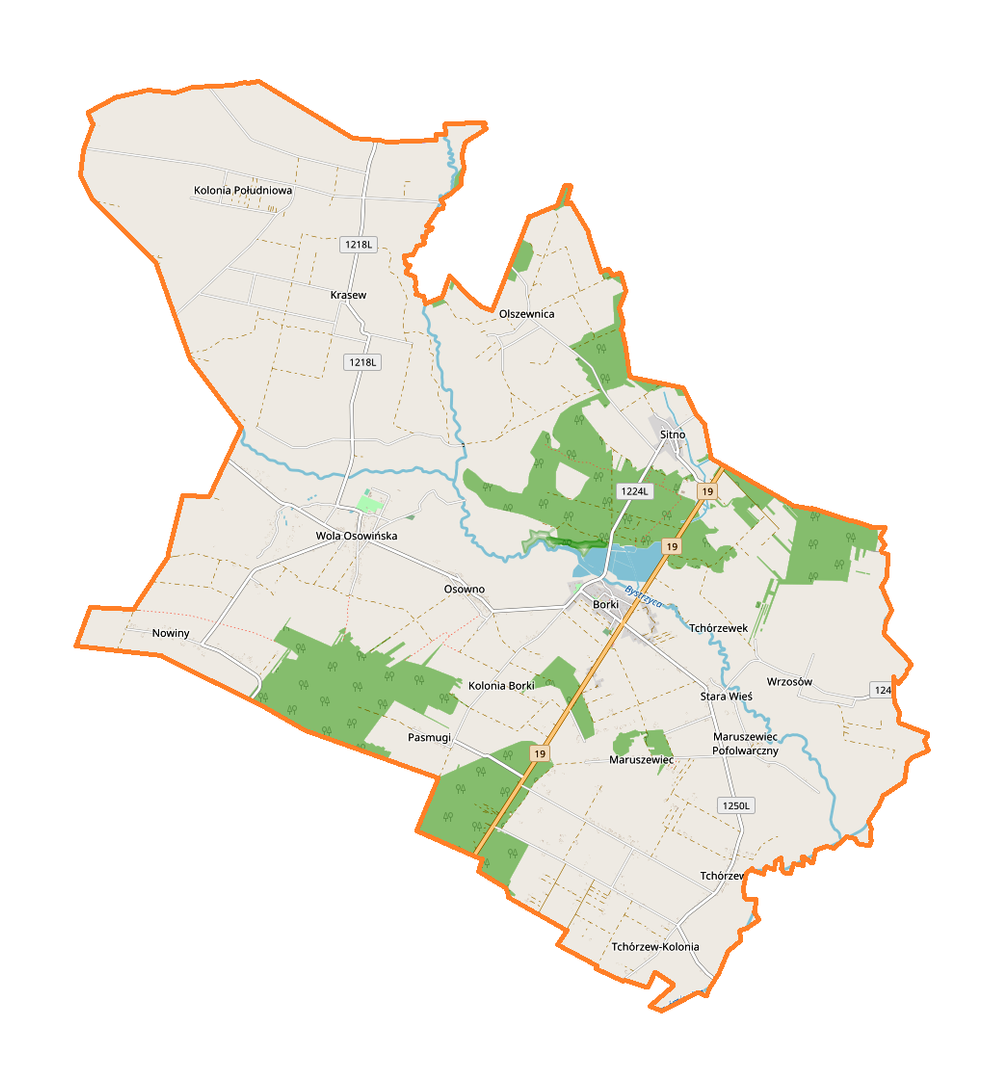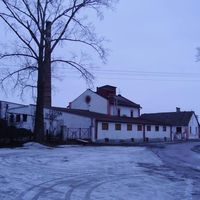Borki
6.37

Overview
Borki Commune, located in the Radzyń Podlaski County of the Lublin Voivodeship, is the only commune in this county that did not belong to the Biała Podlaska Voivodeship between 1975 and 1998. The seat of the commune is the village of Borki, and its area covers 111.83 km², of which 78% is agricultural land and 14% is forest land. As of the end of 2017, the commune had a population of 6,030. Borki Commune was established on January 1, 1973, through the merger of the Borki and Wola Osowińska districts, and it also incorporated villages from the Kock and Biała districts. Borki is part of the southwestern region of Radzyń Podlaski County, and its contemporary demographic structure presents interesting data, including the age pyramid of its inhabitants. The commune comprises several village administrative units, including Borki, Krasew, and Tchórzew, as well as the settlements of Borowe and Pasieka, which do not have the status of independent village units. The National Heritage Board of Poland (NID) register includes architecturally significant monuments, highlighting the region's cultural richness. The commune borders other municipalities, such as Czemierniki, Kock, Radzyń Podlaski, Ulan-Majorat, and Wojcieszków, creating opportunities for interesting cultural and historical interactions between these areas. Borki Commune, though lesser-known, is an important location on the map of the Lublin region, concealing numerous local legends and curiosities related to its history and traditions.
Location
You can also find here:
2025 Wizytor | All Rights Reserved

